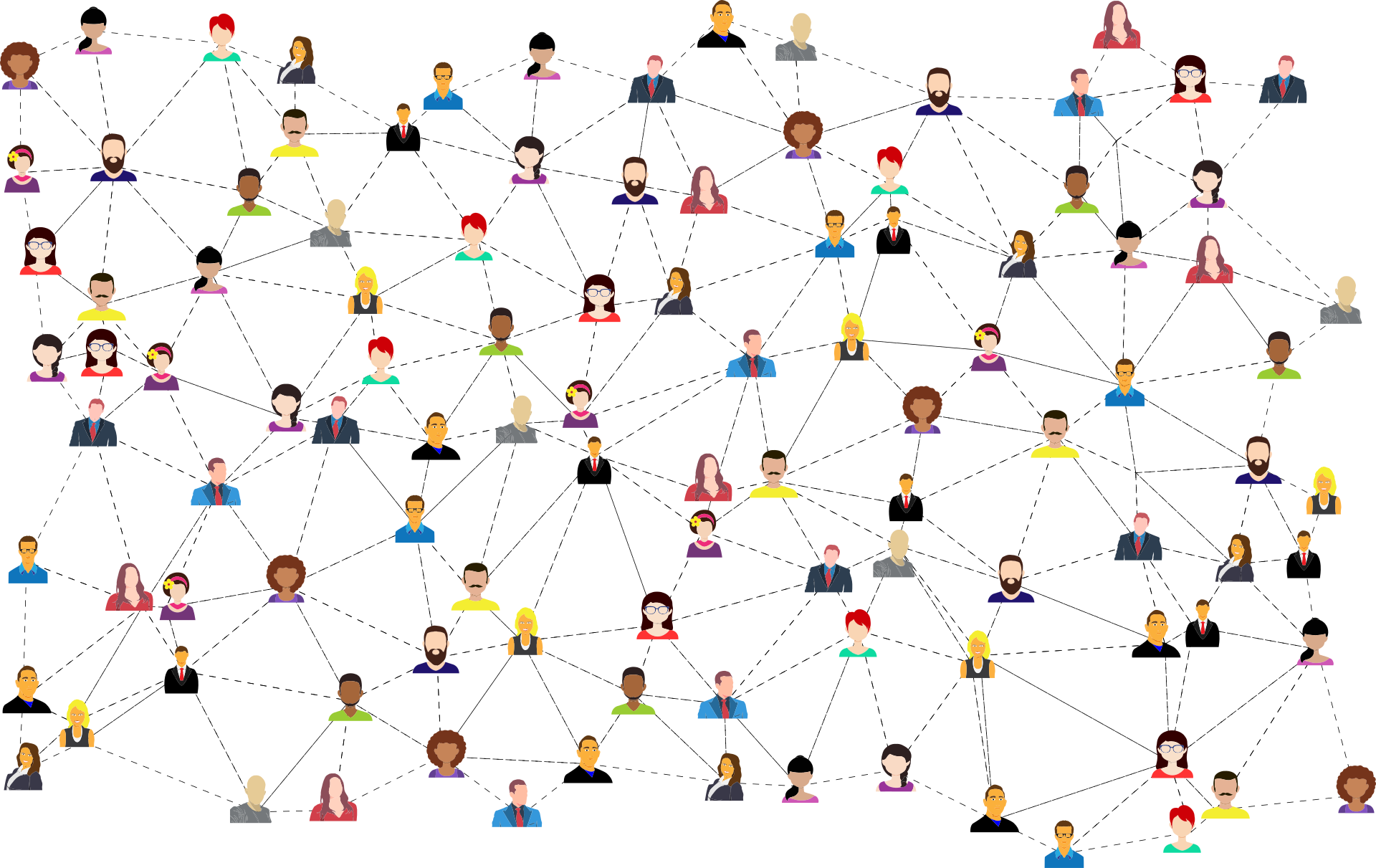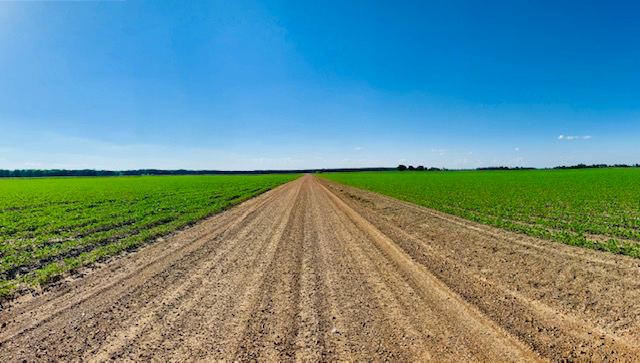
It’s all about the people, friends!
By Sarah Mason
In November last year, the 2019 American Evaluation Association conference ended with thought leader Jennifer Greene asking evaluators to think about how they might practice evaluation with grace and compassion. (Yikes—little did we know how prescient her comments would be for 2020!)
This year, Eval20 began with a provocation from Sammy Nunez, Shiree Teng (and colleagues) to consider how evaluators might Measure Love—and combine the rational with the relational in the work that we do.
Both these messages place people at the heart of evaluation. This is where they (we!) belong.
Answers to key questions
These messages also suggest that people and relationships are the answer(s) to some of the most pressing challenges facing our field. For example:
- How do we make sure evaluation findings reflect the voices of diverse communities?
- How do we make sure evaluation truly matters?
- How do we maximize evaluation use?*
- How can we ensure evaluation helps—and does not harm—the communities we seek to assist?
We build relationships. We meet new people. We ask hard questions—of ourselves and others. We listen. We share what we learn. And, we remain open to change based on the answers we hear.
Eval20
In a year marked by social distancing and polarization, relationships have never mattered more to our communities and our field. As evaluators, it is our responsibility to build those relationships. And not just relationships that are easy: we need wide ranging relationships, strong ties with one another—and connections both with people who are likeminded and those who may be less so.
This is the message I took from Eval20. An invitation: to reach out, invite conversation and connection, and to engage in (in the words of Sammy Nunez and Shiree Teng) deep listening, compassion and a search for understanding.
*Who can forget Michael Quinn Patton’s 5 key variables critical to evaluation use: people, people, people, people and PEOPLE). But it remains fundamental.



